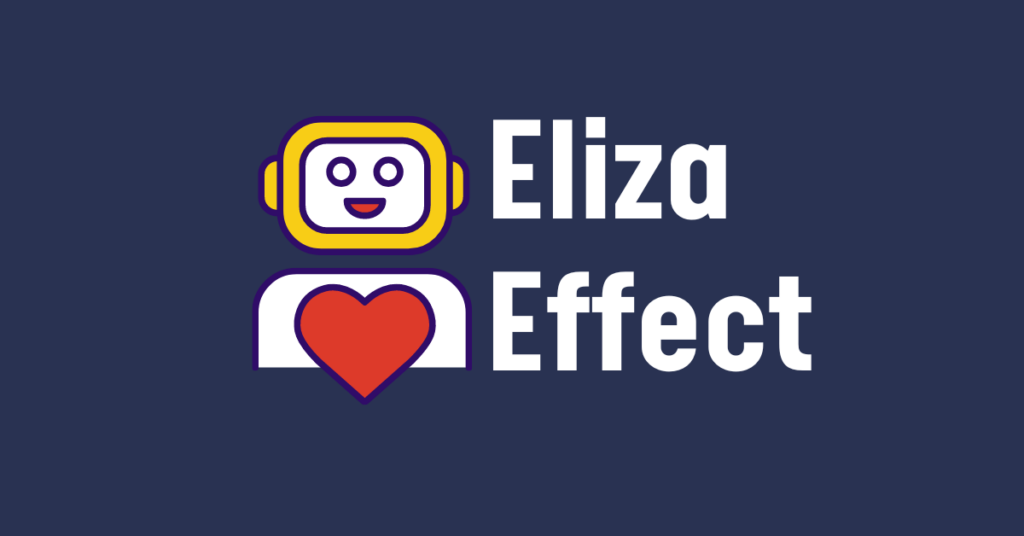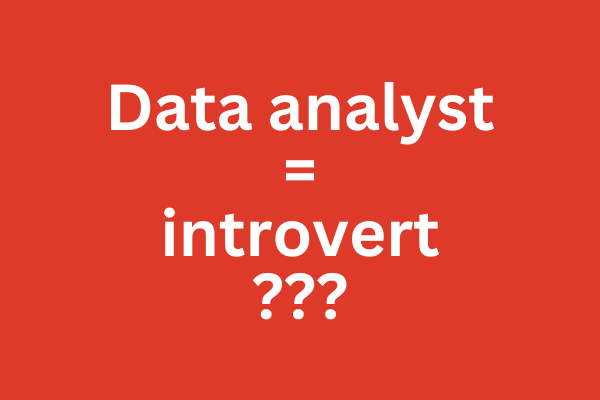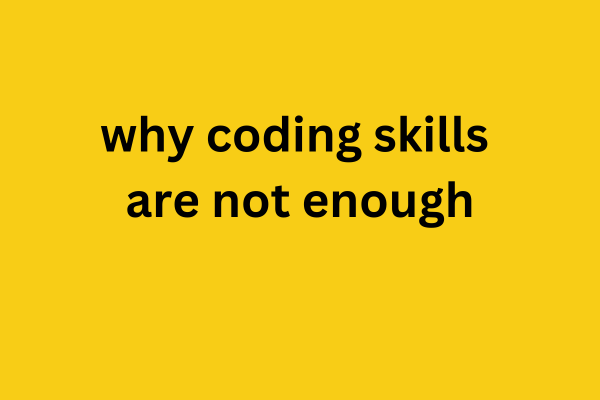
Do you ever have moments when you wonder if Chat GPT is conscious? That’s perfectly understandable. But the real question you should ask yourself is “what is the Eliza Effect” 😉.
The first Eliza Effect
But before we get to the heart of the matter, we must make a short stop at the History station. The Eliza Effect comes from the ELIZA computer program, created by Joseph Weizenbaum at MIT in the 60s. ELIZA was one of the first programs that could simulate a conversation with a human. It was a simple machine that processed input words and created responses according to pre-set schemes. Despite its simplicity, many people who spoke with it felt that ELIZA really understood them. Hence the name “Eliza Effect”. Chat GPT is sort of a great-great-grandchild, so… is Chat GPT conscious? No. It’s an illusion.
What is the Eliza Effect?
By “Eliza Effect”, we mean people’s tendency to anthropomorphize machines, especially those that use AI technologies. Put simply, this is a tendency to attribute human features, emotions, and intentions to machines, even if we know they are just computer programs. People tend to assume that a machine “understands”, “feels”, or “thinks”, much like we do.
In the era of developing AI technologies, the Eliza Effect is becoming increasingly apparent. Examples? Voice assistants like Alexa or Siri are prime examples. Although people know they are just programs, many interact with them as if they were real people.
Is the Eliza Effect bad?
There is no definitive answer to this question. On the one hand, the Eliza Effect helps us in communication with AI. Because we treat these systems as “almost-human”, we can use them in a way that is natural and intuitive for us.
On the other hand, the Eliza Effect can lead to some misunderstandings. AI, though increasingly advanced, are not fully autonomous entities that feel and understand as we do. They can understand us, but only to a limited extent – by analyzing the data we provide them. They don’t have their own feelings or intentions, and everything they do is the result of their programming.
Summary
What is the Eliza Effect? It’s our tendency to attribute human characteristics to machines. In a world where AI is becoming increasingly advanced and widespread, understanding the Eliza Effect is key. It can help us better understand how interactions with AI affect our lives and how we can better utilize these modern technologies. Therefore, at least for now, the question of whether Chat GPT has consciousness is somewhat nonsensical.
So, the next time you feel your smart fridge starting to show understanding for your desire for ice cream at midnight, remember the Eliza Effect. It’s just a machine, doing what it has been programmed to do. But after all, who could resist an innocent conversation with a fridge at midnight, right?
That’s all on this topic. Analyze in peace!
Did you like this article 🙂?
Share it on Social Media 📱
>>> You can share it on LinkedIn and show that you learn something new every day.
>>> You can throw it on Facebook – and perhaps help a friend of yours who is looking for this.
>>> And remember to bookmark this page, you never know if it won’t come handy in in the future.
You prefer to watch 📺 – no problem
>>> Subscribe and watch my English channel on YouTube.
- TBD
- TBD
- TBD



